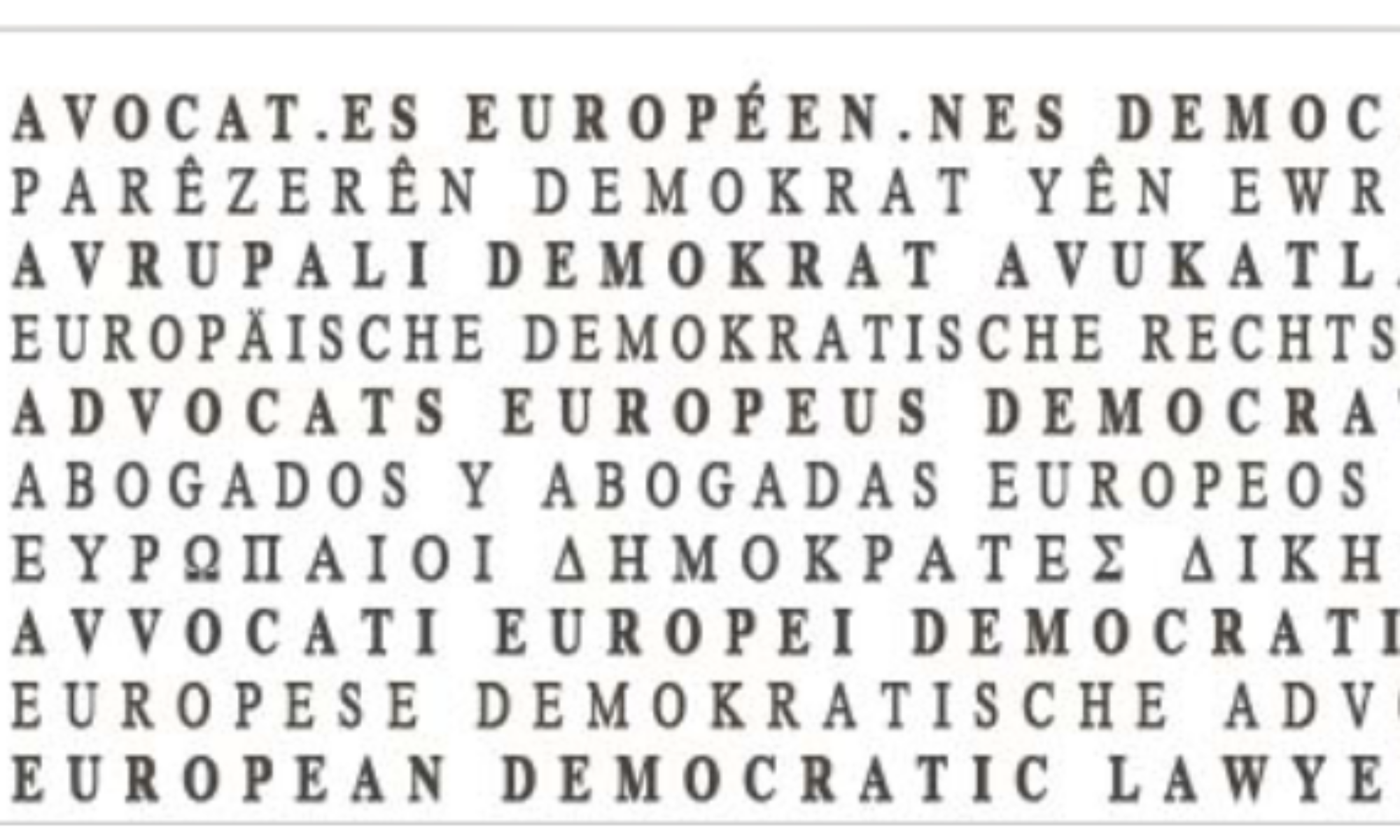Last summer about 800.000 asylum seekers arrived in Greece. Until that moment most aslym seekers arrived through the land borders. After the fence has been build and other measures were taken (f.i. push backs) the stream of refugees started to arrived over sea. Most arrived on Lesbos or Chios. In the summer there was a new development in the form of the Balkan-route. From summer until October about 10.000 people per day arrived through the Greek-Macedonian border. Slowly different countries started to take measure to block this stream of people. First only Afghans and Syrians were allowed to pass, then only the people that had passports. After December the people got stuck in Greece. With 10.000 people arriving per day, the number accumulated quickly. Now more than 50.000 people are stuck on the Greek mainland and more on the islands.
There are two categories: people that are stuck because of the blockage of the Balkan-route and people who arrived on the islands (black status) who can’t be registered because of the EU-Turkey deal. In 2010 there was a new migration plan in Greece with the follow pillars: (1) a better organization of examination of the claims; (2) a civil organization where asylum seekers would be helped throughout the registration process.
While the stream of asylum seekers got bigger, the running centers could no longer function as detention centers. These centers have now been transferred into hotspots. The centers were first focused on detention and return procedures, but should now be used for registration and eventually return. Just on Lesbos there are 3000-4000 asylum seekers. They are being held without any procedure. They do not have access to legal aid or the asylum procedure itself.
Normally, according to Greek law, people cannot be detained for more than 25 days for the purpose of registration. Once they are registered, they should be freed from detention. Many people are now detained for much longer than those 25 days without being registered. About 7000 people are currently detained since the EU-Turkey deal.
The Afghans have sometimes gotten documents for legal stay for 30 days and the Syrians and Iraqis have gotten those documents for 6 months (a document that just says that they are being tolerated). They have not gotten any legal assistance nor access to social services during this period. These people don’t know whether they will be allowed to travel on to the mainland.
Possibly all asylum requests will be denied because Turkey will be designated as a safe third country (the applications will them be declared inadmissible). The first judgments from the courts about Turkey being a safe third country are expected soon. These decisions should have been taken within two days, but it has now already taken 15 days without any news. The persons whom it concerns are all being detained. The decisions in first instance have been taken by an EASO expert from Germany (probably from Frankfurt, it has been said that there had been a lot of complaints against this person in Germany). It all concerns people that have not been registered in Turkey, but have just traveled through there.
It is possible to give legal assistance, but this needs to be organized well. When the interviews are being held by EASO officers, why not have international lawyers for legal assistance? At the courts, this wouldn’t be possible, because the appeals need to be signed by a Greek lawyer. The decisions are now taken in English, the interviews are also being held in English. If you want to get a ‘power of attorney’ from a client, this sometimes takes a full day to arrange. There are hundreds of asylum seekers, so there are way too little lawyers available.
During the procedures in second instance, there is suspensive effect to the legal remedies. When there is a judgment from the Greek court, the lawyers will go to the ECHR to ask for a Rule 39 as soon as possible. Pro Asyl is currently paying for legal assistance for some people that are being detained right now. There are about 3 to 4 lawyers working on Lesbos for a total of 3000 people. Nobody wants to put money to legal assistance, all the money currently goes to accommodation etc.
The Procedures Directive has not been implemented correctly in Greece, as there is no compensation for legal aid in the second instance. The procedure itself costs about 600 euro. The lawyers who are working in Lesbos belong to different NGO’s. The procedure is mainly a written procedure, there are usually no hearings. In a detention procedure where someone was being held in detention without a decision underlying the detention, the case was being dismissed as inadmissible, because there was no decision and the court ruled that the criteria for lodging a case hadn’t been met.
In the decisions that are being taken now no legal arguments are being given whatsoever. For detention it is, for instance, necessary that advice has been asked from the Asylum Service, but in practice this never happens.
A lot of people find themselves ‘in limbo’ à in detention without any rights, without any access to legal assistance.
Legal aid for asylum seekers
The main problem is not only the lack of lawyers, but also the lack of information. The volunteers in Greece are able and willing to distribute information (on internet, through flyers). In Piraeus many people were being threatened with detention. This was fought against by providing the information that the asylum seekers should apply for asylum, so that they couldn’t be detained or deported. Unfortunately, the next day the access to these people for lawyers was not granted anymore.
Social groups have functioned as a mediator. Appointments for asylum applications need to be made through Skype, but there is no one behind the computer to answer. There are certain time slots for each language and country of origin. This has to be done from the camps / hotspots and this is being used as an excuse to lure people into the camps. A group of Afghans was told that they would get a paper granting legal stay in Greece for 30 days if they would go to the camp. This paper was just written by a police officer and stamped by him. People that were convinced got into the bus and were transported to the camps without any security or guarantee.
Legal aid for helpers of the asylum seekers
A man that helped asylum seekers to arrive safely from sea to Greece is being prosecuted for the help to illegals. The same counts for many people that have offered help to asylum seekers in Greece (that helped with squatting, getting medical care for asylum seekers, etc.).
The profile of the asylum seekers has changed: only a third are Syrians. There are a lot of women and children coming, including many unaccompanied minors (it is totally unclear what happens to them; it concerns f.i. 13-year old girls from Iraq).


